Critical Estimate of Game Theory:
Game theory has its own weakness. Morton Shubik is of the view, “The essence of the game is that it involves decision-makers with goals and objectives whose fates are intertwined. They have some control but the control is partial. Each group or individual faces a cross-purposes optimization problem. His plans must be adjusted not only to suit his own desires and abilities but also to those of others”. Arthur Lee Burns in his work “Of Powers and Their Politics- a Critique of Theoretical Approaches” condemns this theory because it does not give any basic information about international power-politics. Game theory has ignored such important problems as population, scientific inventions, technical researches etc.
Game theory is based on rationality, on the mental understanding of the participants but in the study of politics. It is not wisdom alone which counts, there are many other factors that make politics success and the theory has ignored them. Moreover, this theory is not concerned with ethics. It is concerned mainly with the ‘situational ethics’ as the player is concerned with the outcomes and not with the intermediate processes. Thus, this theory ‘runs the same danger as any theory in being too abstract, even in the propensity of the theorists to forget, when they try to predict or to prescribe that all their theory was based on some abstract premises whose relevance needs to be confirmed’.
Despite shortcomings in the game theory, it has helped in understanding some intricate problems of international politics. Shubik says, “Given a sufficient understanding of both political science and formal game theory, its uses are many though not necessarily all of the spectacular import. At the level of political philosophy, formal game models help in the investigation of concepts such as power, freedom and equity. In the study of the bureaucratic process, they help in investigating communication, information and centralization or decentralization of decision-making. In the study of bargaining and negotiation, they help to explore the meaning of concepts such as threat. They also raise questions concerning the meaning of social and political stability”. He further writes, “If game theory helps to answer questions, how far can one go with formal rational models of the political man? In helpful to set the limits and to provide an understanding why they exist, game theory serves to point out how it connects naturally with other methods in the behavioural sciences”.
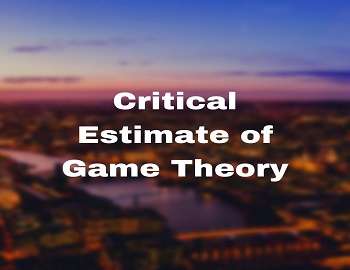
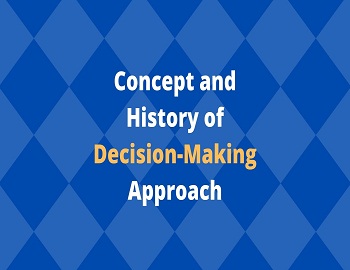

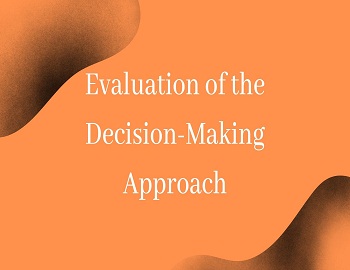
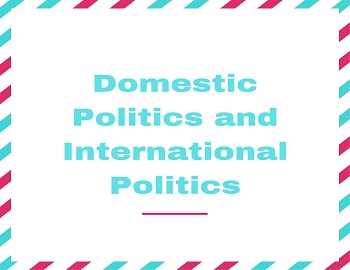
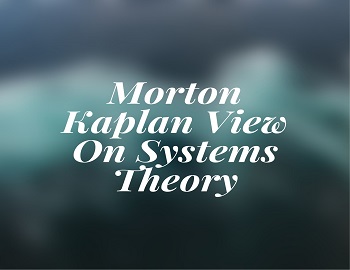
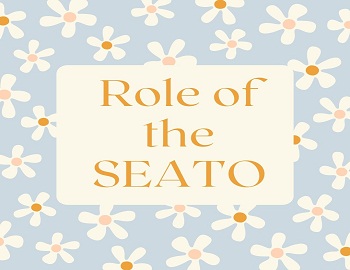

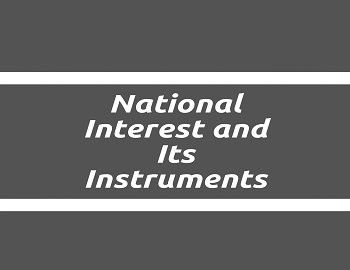
Comments (No)